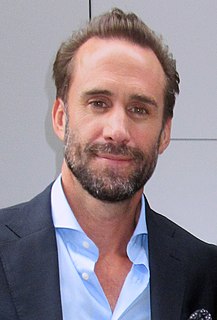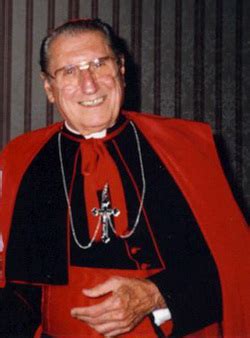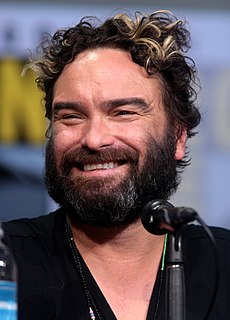A Quote by Joseph Fiennes
Pretty much all films I've seen that depict the life of Christ end with the Crucifixion, almost like the filmmakers don't know what to do after.
Related Quotes
Even before the economic crisis in Greece there was no structure for making films - no proper industry, and the structure didn't help filmmakers at all. So filmmakers had to help each other, and make very, very low-budget films. Now with the crisis, things got a bit worse, but filmmakers are still going to be making films. It didn't change that much.
It's probably unprecedented for a filmmaker simply to take the writers' script and treat it as the instructions on the package. What really happens is you pretty much suppress your own instincts - and your own views on the matter - and write things the way filmmakers would like to have them, though the filmmakers often don't know what they want. They can only find out by reading what you do.
Like most filmmakers and writers, there are roots in my own life, but they are stories that I invent. There was a period of time in my life when I made directly autobiographical films where I truly told what happened to me. But, now, I don't make directly autobiographical films anymore. I am more for renouncing that and being in front of history. The large part of my work tells about something I know. It's close.




































